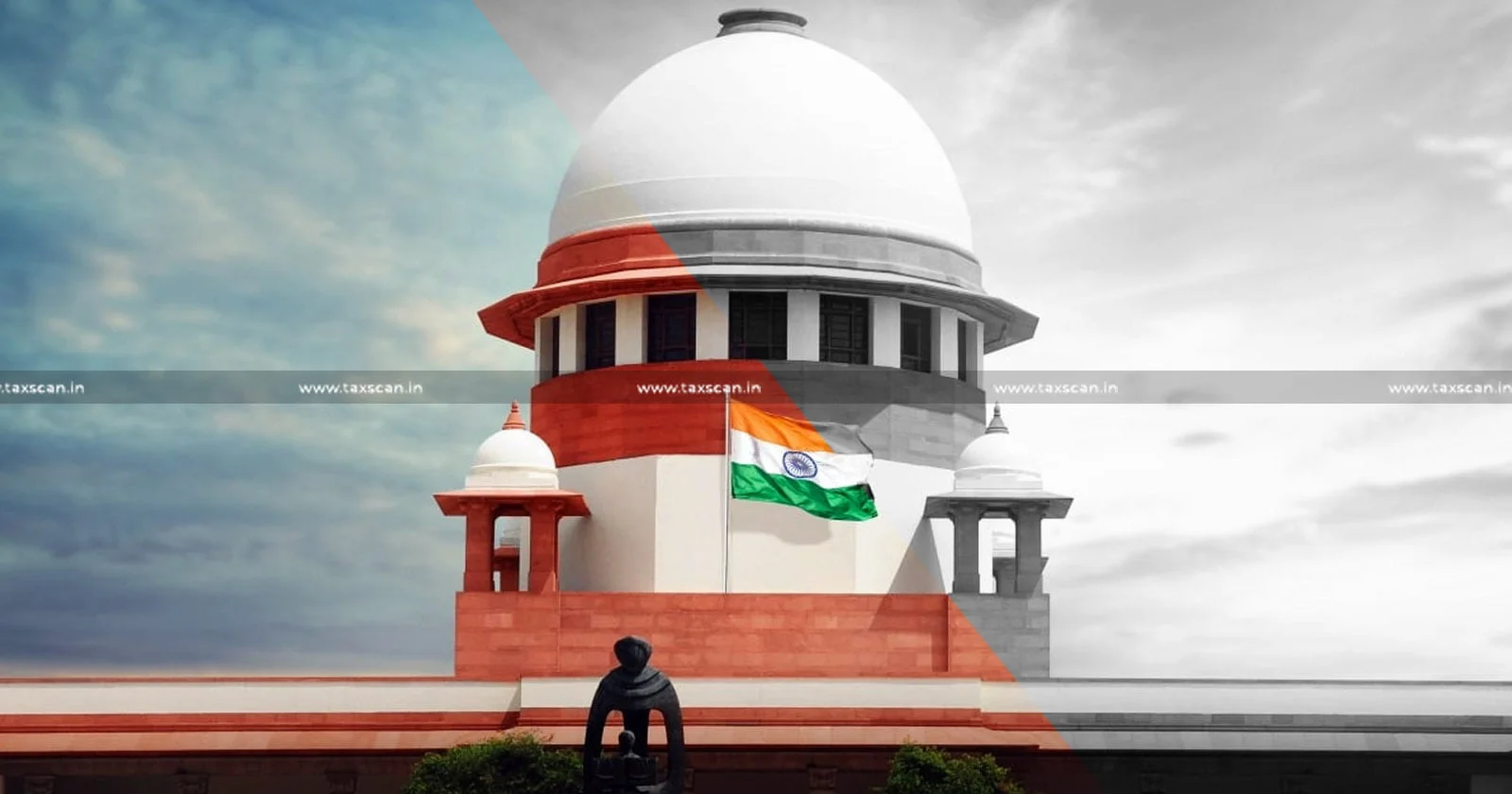Directors Not Automatically Liable for Company’s Wrongful Acts without Direct Involvement: SC Rules in Favor of Tata Realty Directors [Read Judgment]
Mere authorization of an act in the course of business or supervisory oversight is insufficient to establish liability. The Court emphasized that penal provisions imposing vicarious liability must be expressly stated in the statute and cannot be assumed

Supreme court – Tata Realty Directors – Supreme Court on directors liability – TAXSCAN
Supreme court – Tata Realty Directors – Supreme Court on directors liability – TAXSCAN
The Supreme Court has ruled that directors of a company cannot be held vicariously liable for wrongful acts unless there is clear evidence of their direct involvement in the alleged offence.
The ruling came in an appeal challenging the order of the Punjab and Haryana High Court, which had rejected the appellants' plea to quash a complaint filed by the Range Forest Officer for alleged violations under the Punjab Land Preservation Act, 1900.
Looking for a Detailed, Line-by-Line Breakdown of Every Section in the CGST Act? Click Here
The case involved three appellants, all holding various positions in Tata Realty and Infrastructure Limited and its subsidiaries.
The apex court noted that under the scheme of the Punjab Land Preservation Act, 1900, there is no provision for vicarious liability of directors or officers of a company. Liability must be determined based on an individual's specific actions rather than their corporate designation.
The allegations in the complaint pertained to the uprooting of trees using heavy machinery. However, the Supreme Court observed that there were no direct accusations against the appellants regarding their personal involvement in the alleged acts. Instead, the persons actually present at the site, responsible for tree felling, were not named as accused.
Moreover, the company, which was granted the necessary license for land development, was also not made a party to the complaint. The Court found this approach flawed, stating that liability cannot be presumed merely based on the corporate hierarchy.
The bench reiterated that while a company may be liable for the wrongful acts of its employees, the liability of its directors is not automatic. For vicarious liability to apply, two conditions must be met: (1) the company itself must be liable for the offence, and (2) the director must have played a direct and significant role in the wrongful act.
Mere authorization of an act in the course of business or supervisory oversight is insufficient to establish liability. The Court emphasized that penal provisions imposing vicarious liability must be expressly stated in the statute and cannot be assumed.
Justices J B Pardiawala and R. Mahadevan, citing the decision in Maharashtra State Electricity Distribution Company Limited v. Datar Switchgear Limited, 2010, it stated the principle that vicarious liability can only arise where a statute explicitly provides for it. In the absence of such a provision, mere corporate designation does not entail criminal liability.
The apex court further noted that if a statute does incorporate vicarious liability, it does not automatically extend to all directors; specific allegations linking their conduct to the offence must be present.
The bench also pointed out that criminal jurisprudence does not recognize vicarious liability unless explicitly provided by law. The burden lies on the complainant to make specific allegations demonstrating the direct involvement of directors in the offence. A general presumption that every company officer is aware of all corporate transactions is insufficient to sustain criminal liability.
Looking for a Detailed, Line-by-Line Breakdown of Every Section in the CGST Act? Click Here
In its judgment, the supreme court found that the allegations against the appellants were vague and lacked specificity. The High Court failed to examine whether the complaint, even if taken at face value, established the personal liability of the directors under the Punjab Land Preservation Act, 1900. The Supreme Court ruled that before taking cognizance of such complaints, courts must carefully apply their minds to ensure that a prima facie case exists against the accused individuals.
Accordingly, the bench quashed the complaint and set aside the High Court's order. However, the Court clarified that if the relevant authorities believe that the company itself violated the conditions of the land development license, they are free to take appropriate legal action against the company.
To Read the full text of the Order CLICK HERE
Support our journalism by subscribing to Taxscan premium. Follow us on Telegram for quick updates


